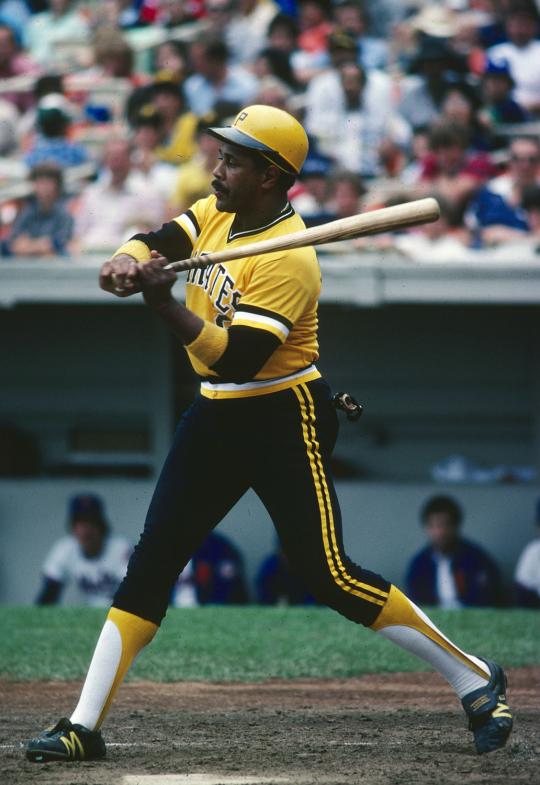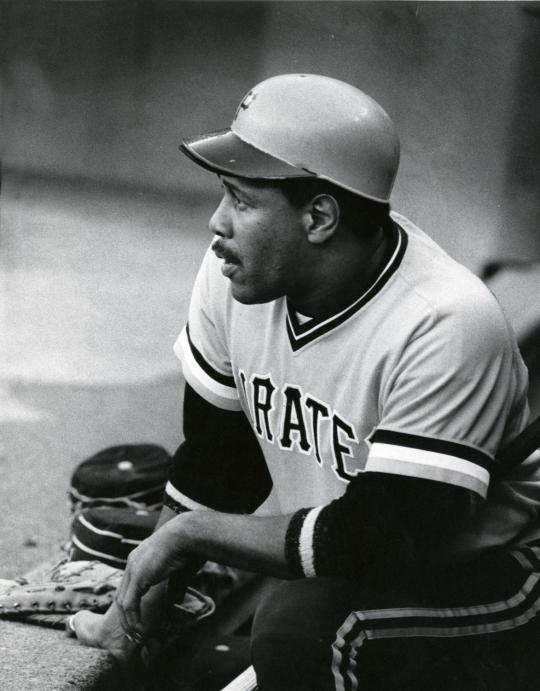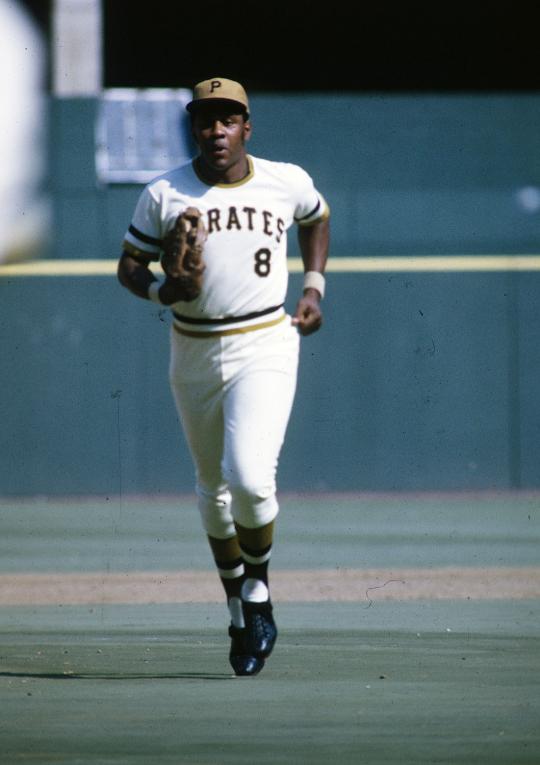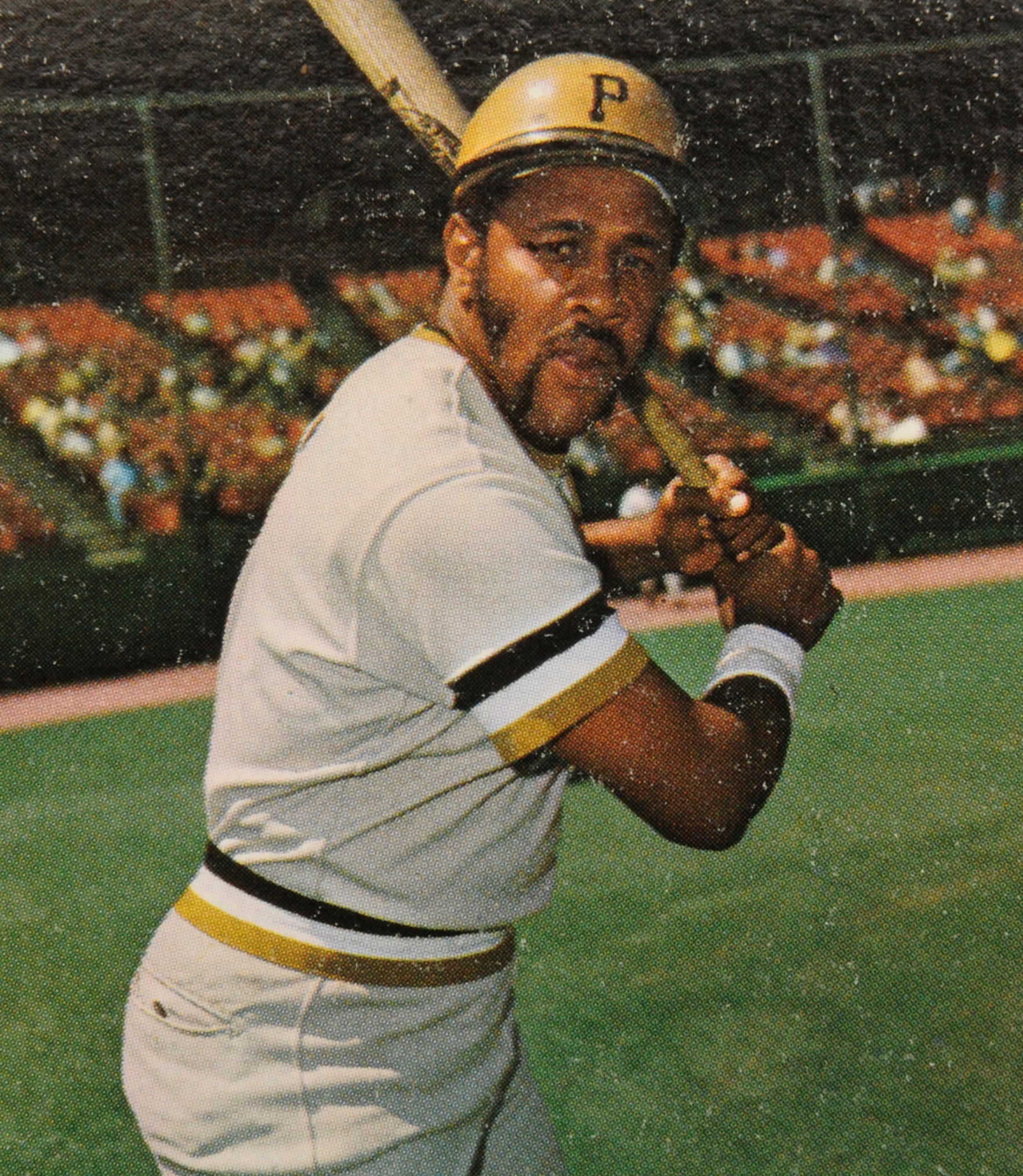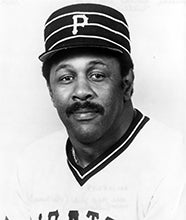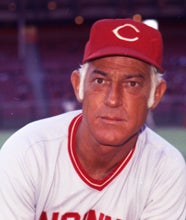- Home
- Our Stories
- Stargell named 1979 co-NL MVP
Stargell named 1979 co-NL MVP
Willie Stargell’s 1979 postseason performance is the stuff of legend, as the 39-year-old first baseman carried his Pittsburgh Pirates to a World Series championship.
But on Nov. 13, 1979, Stargell was honored for his regular-season exploits when he was named the co-winner of the National League’s Most Valuable Player Award.
Stargell, a two-time home run champion in the early 1970s who helped power Pittsburgh to the 1971 World Series championship, found a second wind for his career in 1978 when he hit 28 homers and drove in 97 runs for the Pirates – his best efforts since the 1973 season.
Stargell then extended his hot streak in 1979, getting off to a blistering start and hitting .322 as late as July 29. He cooled off in the season’s final two months, but a burst down the stretch – including a two-home run game against the rival Montreal Expos on Sept. 25 – helped give the Pirates the momentum they needed to win the National League East.
Hall of Fame Membership
There is no simpler, and more essential, way to demonstrate your support than to sign on as a Museum Member.
Stargell finished the year with a .281 batting average, 32 home runs and 82 RBI in 126 games.
In the postseason, Stargell hit a combined .415 with six doubles, five homers and 13 RBIs in three NLCS games against the Reds and seven World Series games against the Orioles.
He was named the Most Valuable Player of the NLCS and the World Series.
“He’s got power enough to hit home runs in any park,” said former Reds manager Sparky Anderson, “including Yellowstone.”
However, the voting for the regular-season MVP awards takes place before the postseason – and Stargell had some serious competition for the NL MVP.
The Cardinals’ Keith Hernandez led the NL with a .344 batting average in 1979, and also paced the league with 116 runs scored and 48 doubles. The Cardinals, however, finished third in the NL East that year with a record of 86-76.
When the MVP votes were tallied, Hernandez and Stargell became the first – and to date the only – pair of players to share a league’s MVP award. Each tallied 216 points from the voters, with Stargell receiving 10 first-place votes to Hernandez's four. For Stargell, it marked his first MVP award after second-place finishes in 1971 and 1973.
Following his postseason heroics, Stargell became the first player ever to win the LCS, World Series and regular-season MVP awards in the same season. The 1979 season was his final year as a regular, and after three more years as a part-timer Stargell retired following the 1982 season with 475 home runs and 1,540 RBI. He was elected to the Hall of Fame in 1988 in his first year of eligibility.
Hernandez, meanwhile, ended his 17-year big league career after the 1990 season, having accumulated 11 Gold Glove Awards at first base and World Series titles with the 1982 Cardinals and 1986 Mets.
Craig Muder is the director of communications with the National Baseball Hall of Fame and Museum
Related Stories
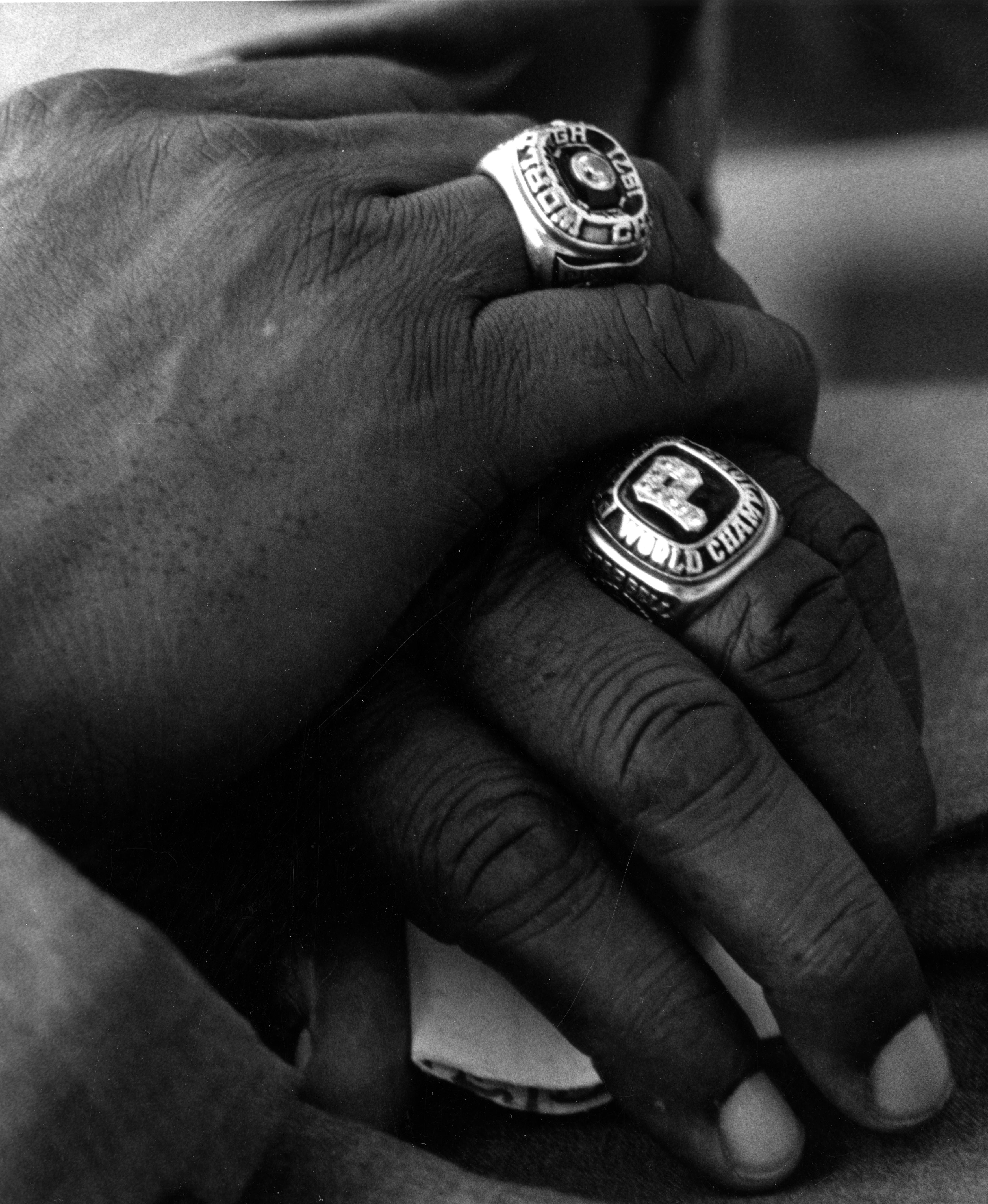
Stargell’s home run powers Pirates to Game 7 win in 1979 World Series
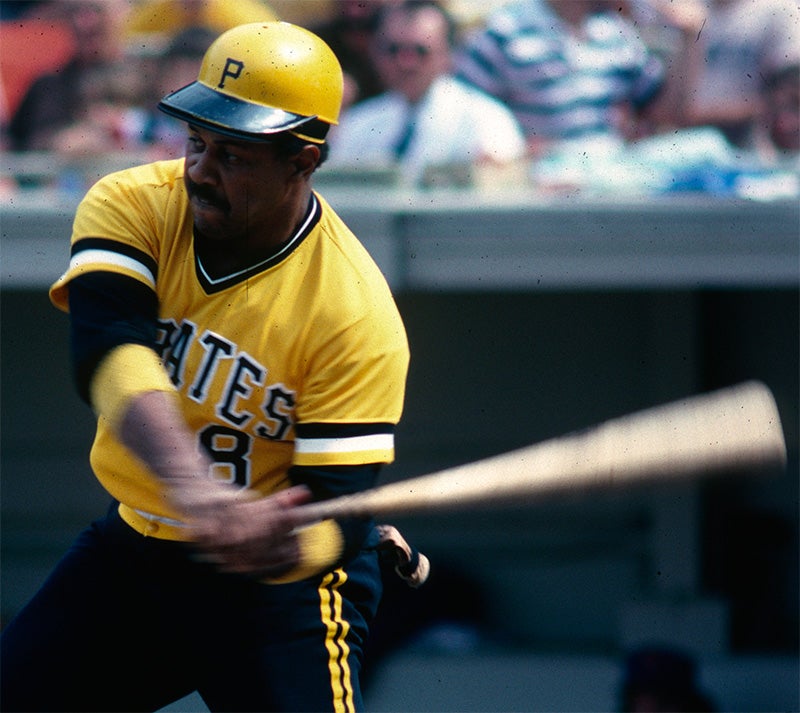
Stargell blasts longest home run in Olympic Stadium history
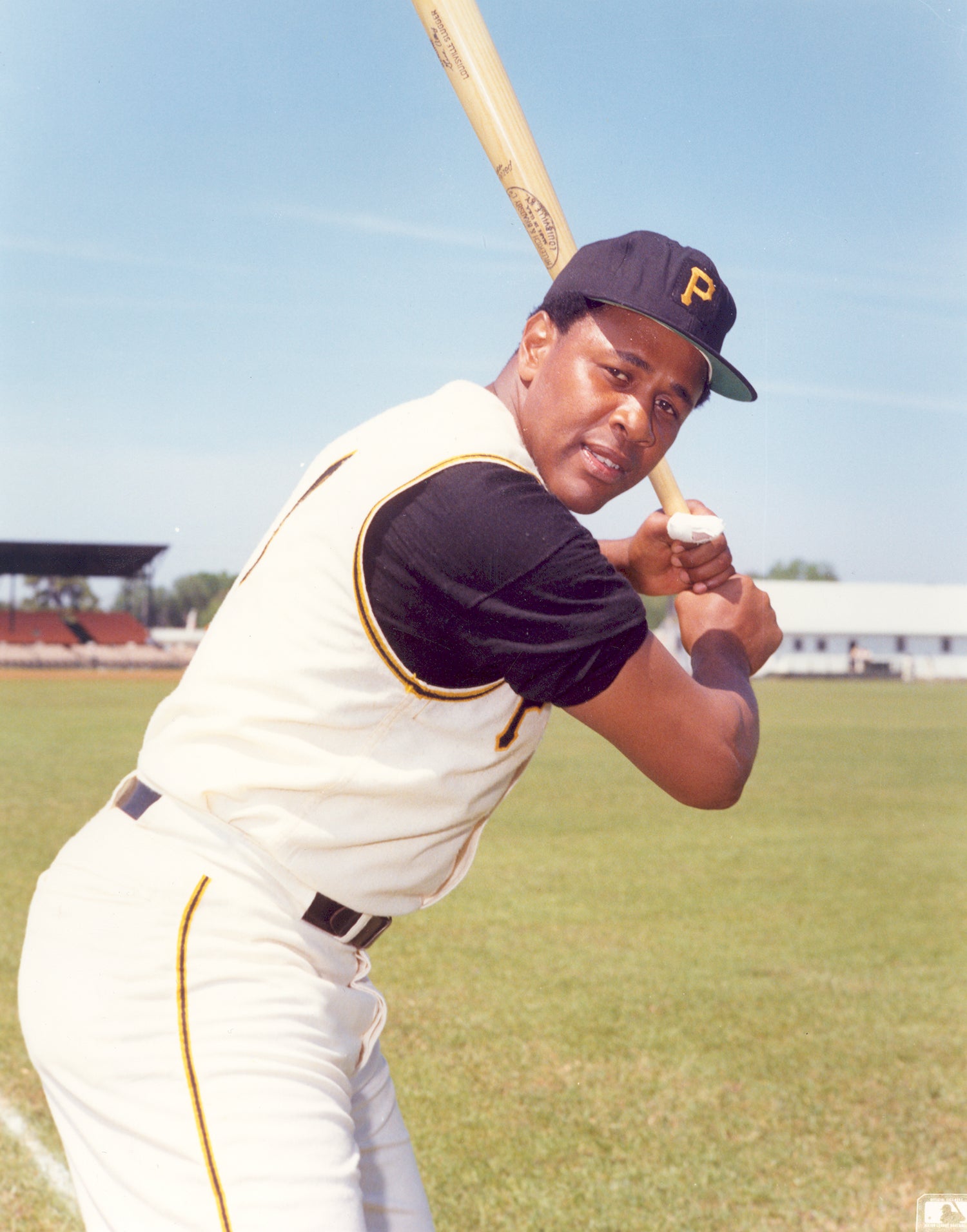
Torre, Stargell homer in Braves’ debut in Atlanta

Stargell’s home run powers Pirates to Game 7 win in 1979 World Series

Stargell blasts longest home run in Olympic Stadium history


